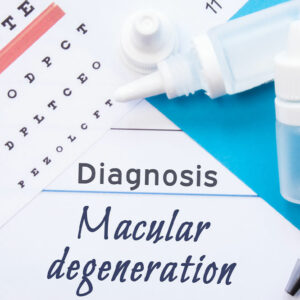
Freight factoring – How it works, its benefits, and more
Freight factoring, also known as transportation or trucking factoring, allows trucking companies to get immediate cash flow and avoid delayed payments on outstanding invoices. The standard waiting period to get full payouts in a trucking business is between 40 and 50 days, which can be easily avoided by freight factoring. Read on to learn more about how it works, its benefits, some dos and don’ts, and more. How freight factoring works In the transportation industry, getting paid immediately is not a standard. Trucking companies have to wait months to clear invoices, making it challenging for their businesses to survive. Freight factoring allows trucking companies to submit invoices for same-day processing and get immediate funds. This helps both the freight factoring company and the trucking company. The factoring company receives a service fee for “fronting” the money to the trucking company, whereas the latter gets access to the funds instead of a long waiting period. Benefits of freight factoring Here is how freight factoring benefits trucking companies: 1. Offers cash flow The major benefit of factoring is cash flow. Trucking companies that need to wait an extended period to get payments for the load they ran don’t have to do so, as factoring allows easy and quick access to cash.
Read More. 








